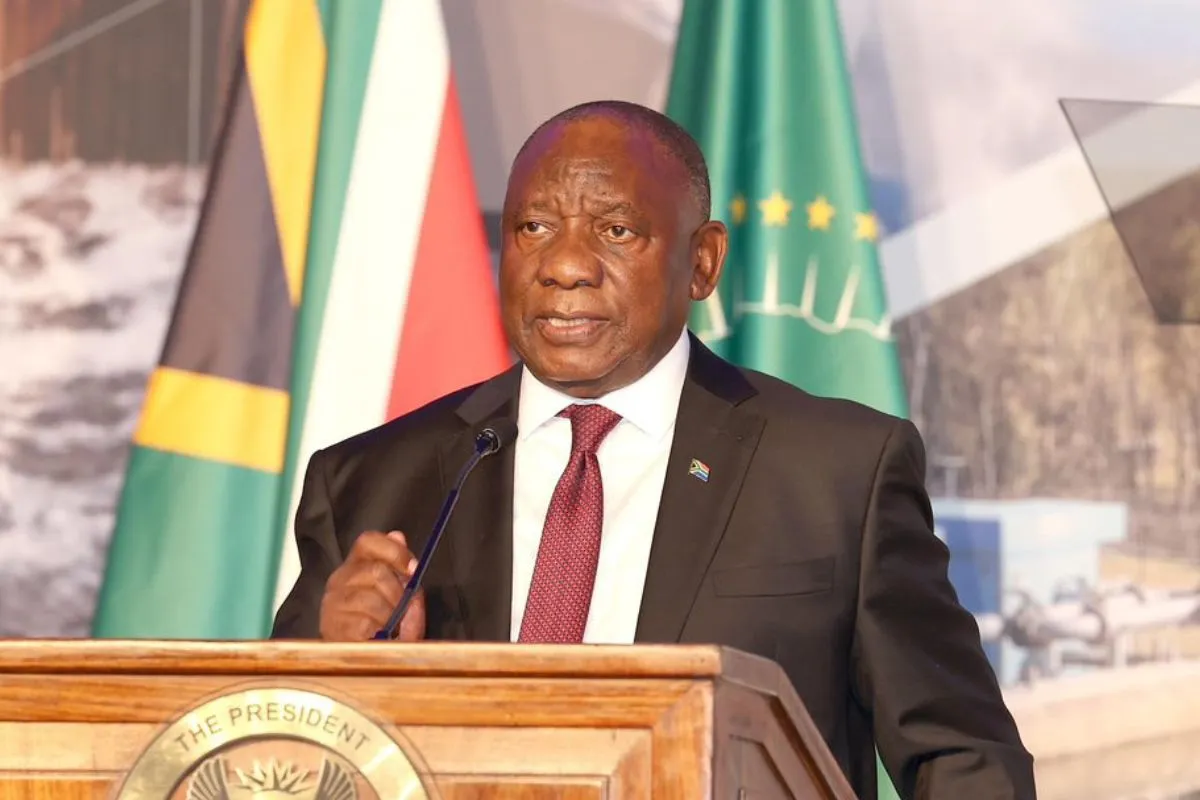
Ramaphosa pushes back against US over new 30% trade tariff
President Cyril Ramaphosa has responded strongly to US President Donald Trump’s decision to impose a 30% trade tariff on South Africa.

President Cyril Ramaphosa says he has appointed a negotiation team to engage with the United States over the Framework Deal, in response to the 30% trade tariff the US imposed on South Africa.
Government submitted the Framework Deal in May to address the concerns raised by the US, including South Africa’s alleged trade surplus, claims of unfair trade practices, and what it sees as a lack of reciprocity from the US.
US President Donald Trump announced on Monday, 7 July, that South Africa and several other countries would face the tariff hike.
Ramaphosa explained that the tariff hike stems from a specific interpretation of the trade balance between South Africa and the US. He added that negotiating teams from both countries are already in talks to address the tariff issue.
RAMAPHOSA SAYS DATA IS INCORRECT
The president also argued that the 30% reciprocal tariff does not accurately reflect the available trade data. He said that, according to official figures, the average tariff on imported goods entering South Africa is 7.6%.
Ramaphosa further noted that 56% of goods enter South Africa duty-free, with 77% of US goods entering the local market at 0%. He emphasised that SA will continue its diplomatic efforts to pursue a more balanced and mutually beneficial trade relationship with the US.
WHAT IMPACT WILL US TARIFFS HAVE ON SA?
Standard Bank warned that the tariffs could drive up the price of South African products in the US and lower demand, potentially hurting retail sales and affecting consumers, workers, and businesses in both countries.
However, the bank described the new US tariffs as a short-term challenge and expressed confidence in South Africa’s ability to cope. It credited this resilience to the country’s diversified export markets, relatively strong economy, and ongoing efforts to expand trade into new regions.
